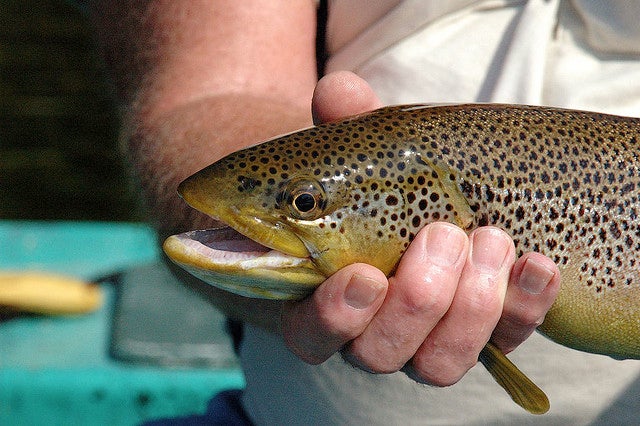A study expected to be used by the U.S. Environmental Protection Agency to further reduce mercury emissions is startling researchers. Results of the 11-year study show fish quickly absorb mercury, but at the same time, can get rid of it just as fast if mercury emissions drop.Lake 658 is in an uninhabited, remote part of northern Ontario. And since 2001, scientists have been adding mercury to this otherwise pristine lake. University of Wisconsin Water Resources Institute Project Director James Hurley says mercury levels in fish went up quickly, in about a year. And then they stopped adding mercury in 2008, “It was amazing at how quickly the lake responded to that, how fish mercury concentration started to drop almost in that same season.”
Hurley says this finding backs up EPA rules in 2011 that decrease power plant mercury emissions, “It gives some real science-based information. It gives a study design that really was to address that specific question. It is direct evidence that when we added or when we stopped adding these specific isotopes, we could see almost immediate responses.”
This research is significant for the 15,000 lakes in the northern half of Wisconsin. Hurley says Lake 658 is much like those lakes which began having mercury advisories in the 1980’s and ’90’s. He says this gives hope that a reduction in mercury emissions could quickly ease many of the fish eating advisories in northern lakes.
Stay informed on the latest news
Sign up for WPR’s email newsletter.
Wisconsin Public Radio, © Copyright 2024, Board of Regents of the University of Wisconsin System and Wisconsin Educational Communications Board.





